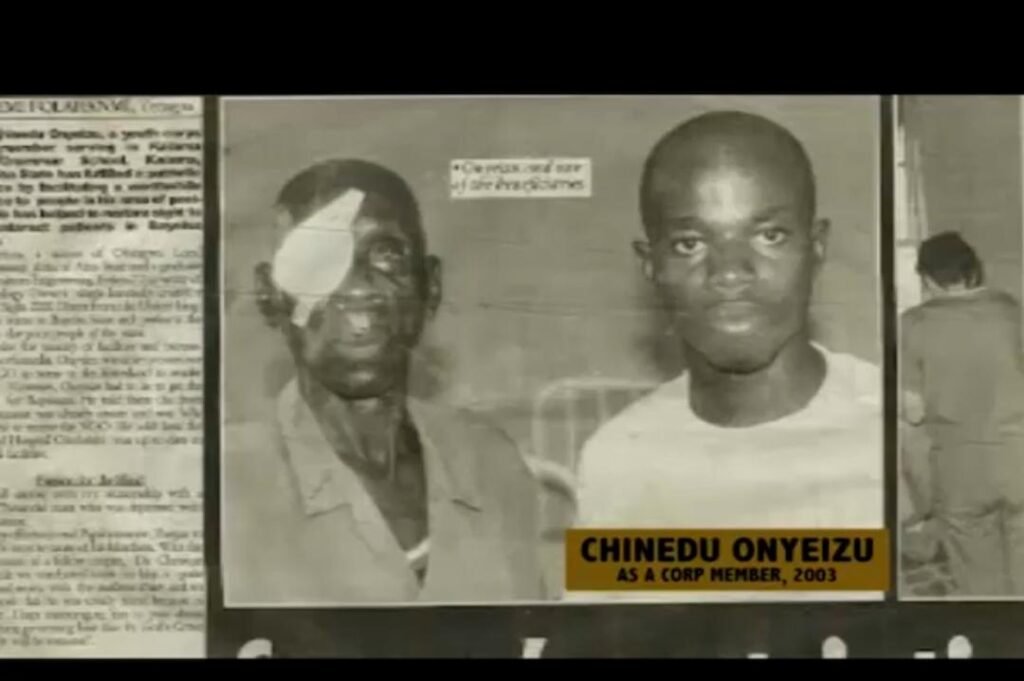As the world marks the 2025 International Day of the Blind, one inspiring story from over two decades ago still shines brightly, and remains a timeless reminder that one person’s vision and compassion can illuminate many lives.
In 2003, while serving as a National Youth Service Corps (NYSC) member in Kaiama, Bayelsa State, Onyeizu accomplished what many thought impossible. Through sheer determination and an unshakable sense of purpose, he attracted a team of eye-care specialists from the United Kingdom to Nigeria. Their mission: to bring light back into the lives of those living in darkness.

By the end of that remarkable medical outreach, 67 blind individuals had regained their sight — a true miracle of vision, partnership, and humanity.
But beyond restoring sight, the project restored dignity, productivity, and hope. For those 67 men and women, life began anew. For Bayelsa communities, it was a revelation — a powerful testament that blindness, especially when preventable, is not a life sentence, but a condition that can be treated with the right care and commitment.
What made Onyeizu’s project even more remarkable was its historic significance. The 2003 Bayelsa Eye Project was the first of its kind in Nigeria, and most impactful humanitarian initiative ever undertaken by a youth corps member. It attracted widespread attention and was warmly embraced by the Government of Bayelsa State, earning Onyeizu the prestigious award of Best Youth Corps Member of the Year.
Today, as the world reflects on the importance of preventing blindness, Onyeizu looks back with gratitude and a renewed call to action.
“If 67 people could regain sight through one small project,” he says, “imagine what coordinated national action could achieve.”
He urges governments, NGOs, and individuals to invest more in eye-care prevention, education, and treatment, emphasizing that 80% of global blindness is preventable or treatable.
To replicate the success of his 2003 project, Onyeizu outlines a clear blueprint:
- Community outreach to identify people living with treatable blindness.
- Partnerships between local health authorities and international or national eye specialists.
- Funding and support from government, private donors, and NGOs.
- Continuous education on eye health and the importance of early treatment.
- Building local capacity to sustain eye-care services beyond one-off missions.
As the world marks the International Day of the Blind, Onyeizu’s story stands as a beacon of hope, and a reminder that restoring sight is not just a medical triumph, but a restoration of hope, independence, and humanity itself.
His journey, from a young corps member in Kaiama to a symbol of compassion and impact, is living proof that when vision meets action, miracles truly happen.
Copyright Warning!
Disclaimer
Just to let you know, comments expressed here do not reflect the opinions of OHAFIATV News or any employee thereof. Also, every opinion expressed in any article is strictly that of the author(s), except where otherwise stated.
ATTENTION: Stay informed and ahead of the curve! Follow OHAFIATV on WhatsApp for updates! CLICK HERE!
Have any thoughts?
Share your reaction or leave a quick response — we’d love to hear what you think!









